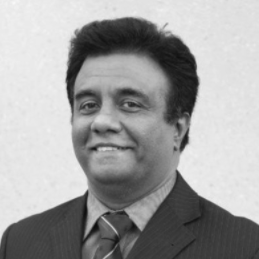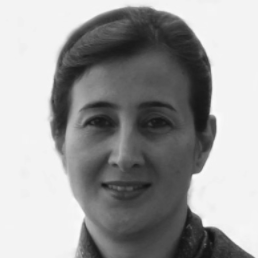Semantic interpretation of optical remote sensing data by computer vision and machine learning
With Michele Volpi
Machine Learning in solving subsurface energy resources exploration and development challenges: Discover, Describe, Predict, Decide
With Vasily Demyanov
Current application and expectations of Machine Learning for the Agriculture finance industry
With Sylvain Coutu
Artificial Environmental Intelligence With High Flying, Far Walking And Deep Learning
With Sylvain Coutu
Deep Learning for Land Use/Cover Statistics of Switzerland
With Maria Schönholzer
Detection of shallow landslides on aerial images using convolutional neural networks
With Maxim Samarin
Coffee Break
Novel technologies, data and methods to predict and manage global biodiversity change
With Walter Jetz
iNaturalist: Large Scale Visual Classification of the Natural World
With Grant van Horn
Panel Discussion
With Walter Jetz, Grant van Horn, Michele Volpi & Vasily Demyanov
Machine learning for sustainability assessment from a Life Cycle Assessment perspective
With Antonino Marvuglia
How to estimate the electricity potential of roof mounted PV panels in a country, with a little bit of data
With Dan Assouline
AI enabled biofouling monitoring and cleaning system for offshore wind turbine monopile foundations
With Bojie Sheng
Coffee Break
Climate change detection: A case for applied statistical learning?
With Sebastian Sippel
Panel Discussion
With Saman Halgamuge, Sebastian Sippel & Alexis Berne



















